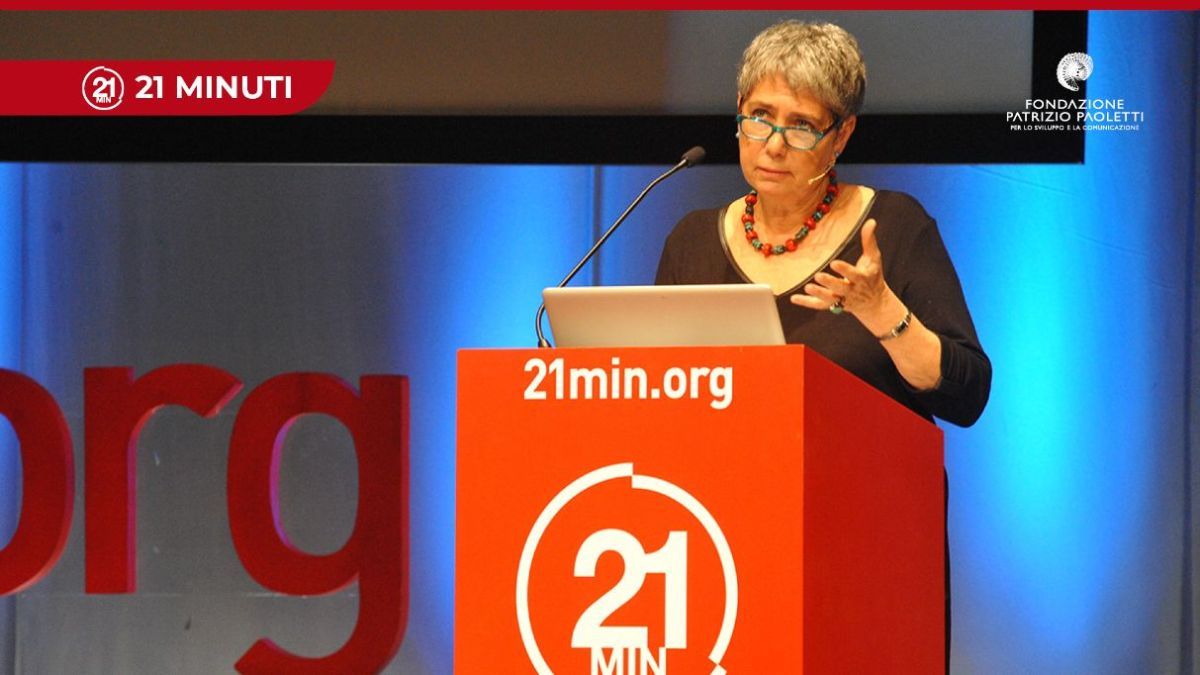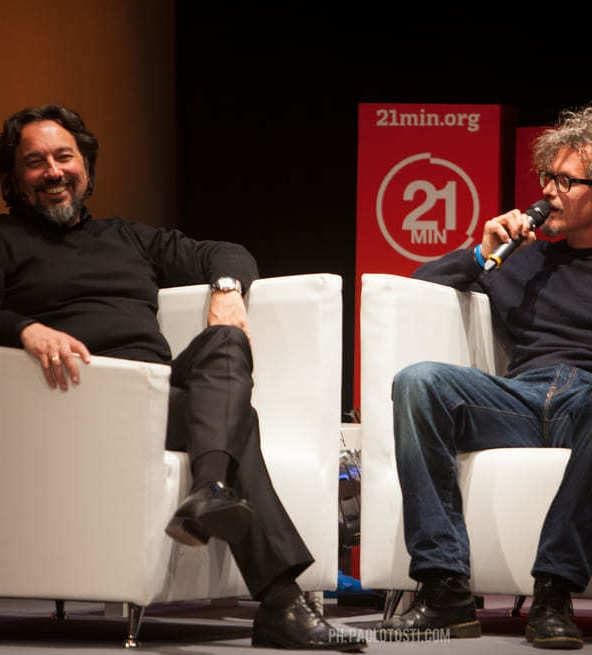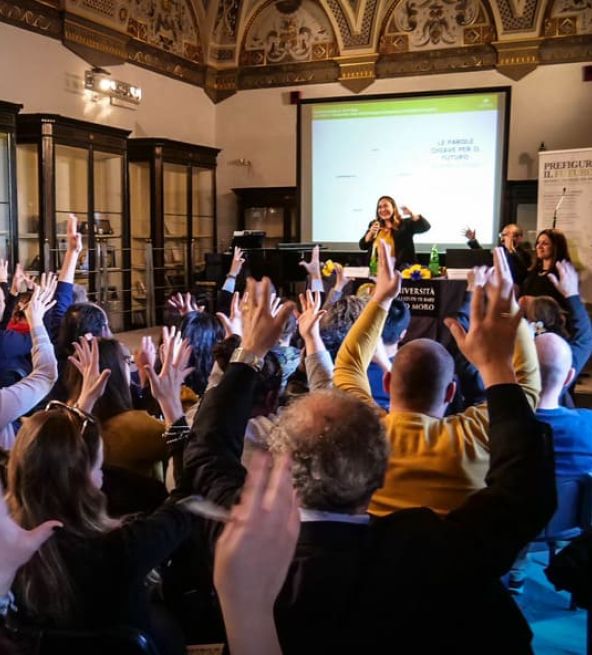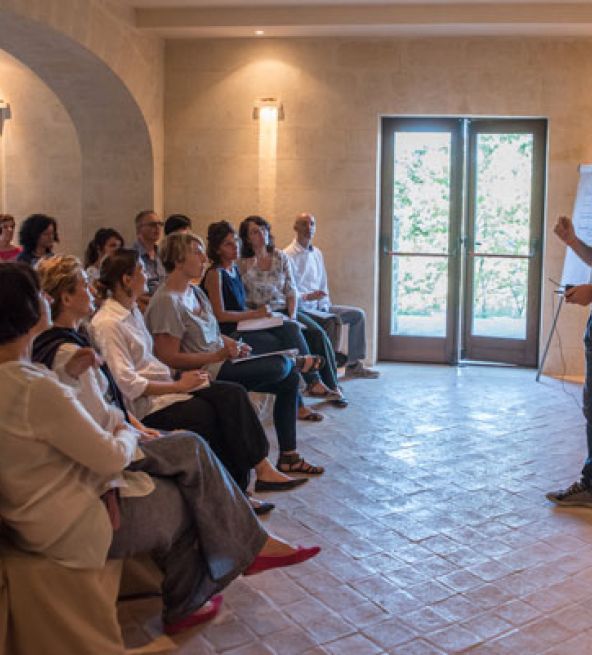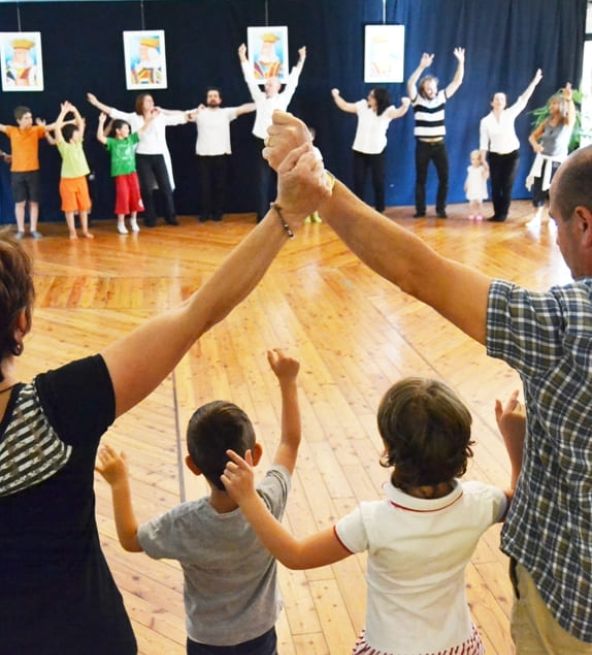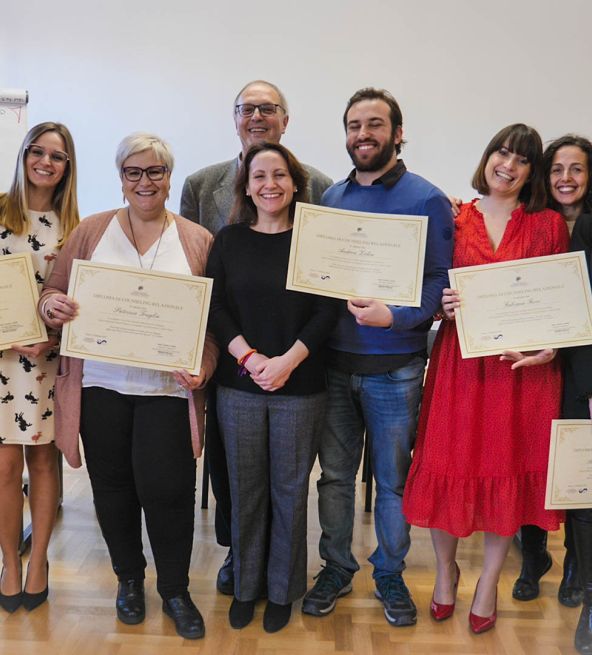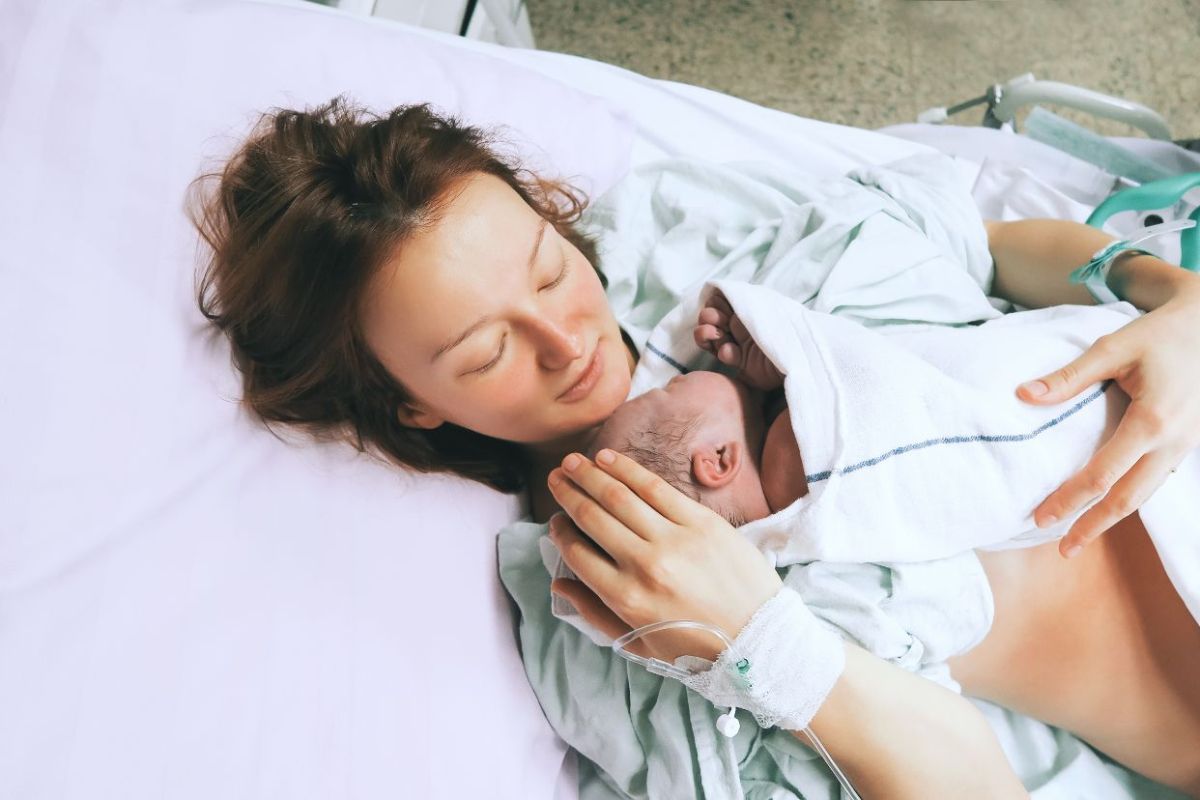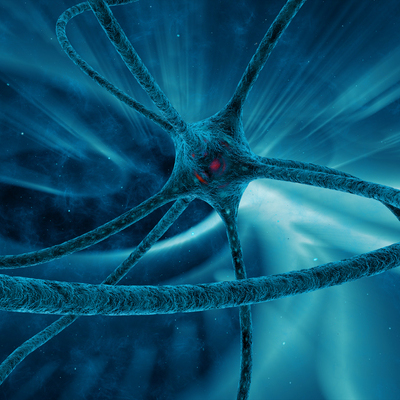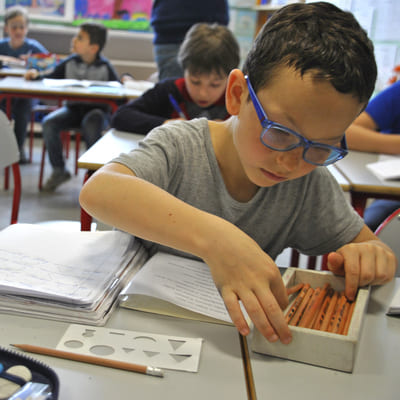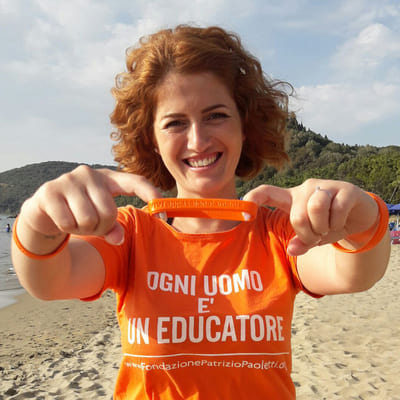Lifelong Learning
CONTINUE LEARNING EVERY DAY
In order to face the great challenges of the future, people who know how to continue learning are needed.The world is changing and we live in times of a planetary crisis that pushes us to rethink our societies, our world of work and our lifestyles.
The European Union, the OECD and UNESCO agree in recognizing that in contemporary and ever more complex, technological, digitized societies, dominated by uncertainty and new forms of malaise, it becomes fundamental to place people and their education at the center. Only with the prospect of Lifelong, Lifewide and Lifedeep learning is an intelligent, sustainable and inclusive development possible.
Valuing the contribution of neuroscience and interdisciplinarity is at the core of the educational proposal by the Patrizio Paoletti Foundation. In the courses the most important knowledge and competencies in the history of human development is transferred. This knowledge derives from various disciplines such as Psychology, Pedagogy and Philosophy, always with integrated support by Neuroscience. The proposed contents are neuro-psycho-pedagogical didactics, through which participants are guided to find applied solutions in the educational and social contexts they live in.
The Pedagogy for the Third Millennium (PTM) is the tool with which the results of the scientific research is transferred and the training courses planned. It is a pedagogic method that intends to respond to the present educational needs and to anticipate the ones of the future. PTM facilitates the discovery and the use of all the potential available in people and in their contexts.
WORK WITH PASSION AND PRODUCTIVITY, WITH OTHERS AND FOR OTHERS
Why be trained by the Patrizio Paoletti Foundation?
- The contents are of high quality and are scientifically rigorous;
- The professionality of the trainers and educational designers is certified, they are experts in the Pedagogy for the Third Millennium, trainers, pedagogists, psychologists and neuroscientists with a consolidated experience;
- Certification of competencies and testing of the completed learning, the transfer is very practical and experiential, frontal lessons are always combined with exercises aimed at making what was learned immediately applicable to one’s own everyday reality, in order to respond to specific needs.
TYPES OF COURSES
The training courses of the Paoletti foundation are available in various modalities:
- in-person training: classroom training modules (meetings of 3-14 hours available as single lessons or courses with several meetings)
- online training: distance training modules (video lessons on e-learning platforms, webinars)
The training courses respond to different types of training needs:
- Three-year courses, with degree
- One-year courses, with certificate of participation
- Themed workshops and webinars: full (two or more meetings); smart (one meeting)
- Tailor-made training for institutions and schools

The Patrizio Paoletti Foundation is accredited and certified by the Ministry of Education, University and Research for the pedagogical training and continuous education of compulsory school teachers in Italy. It creates courses approved according to the 170/2016 Directive.
Also read
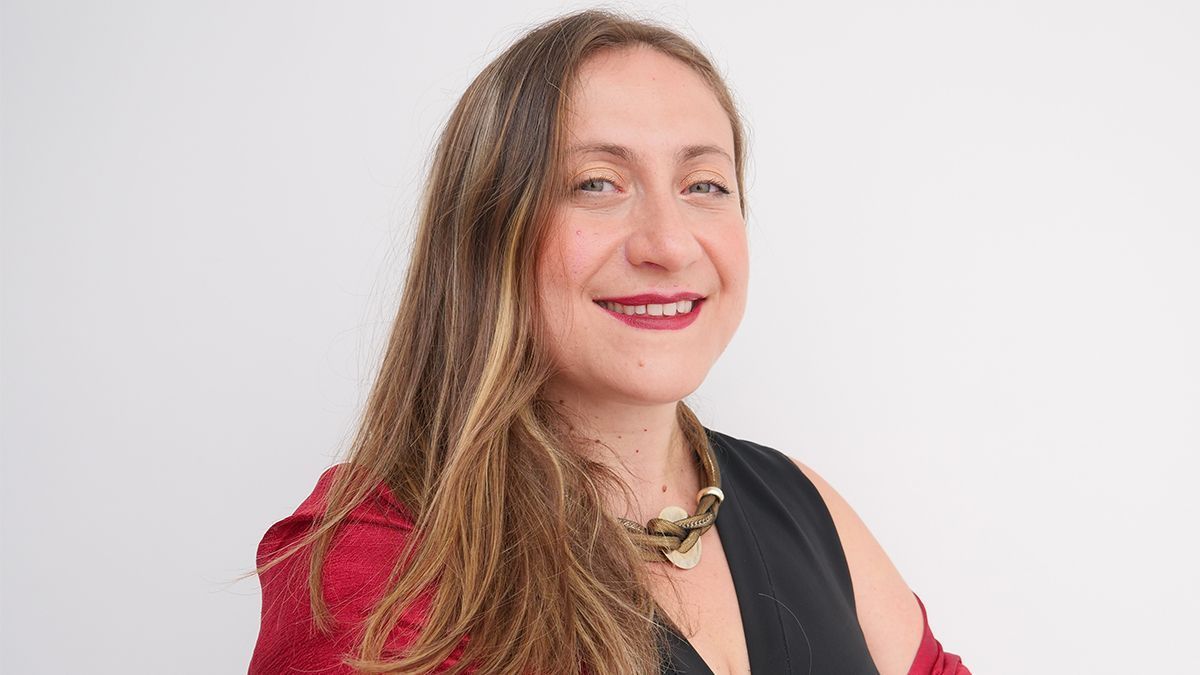
Risks and extraordinary potentials of the adolescent brain. Interview with Tania Di Giuseppe, psychotherapist and head of psycho-pedagogical research
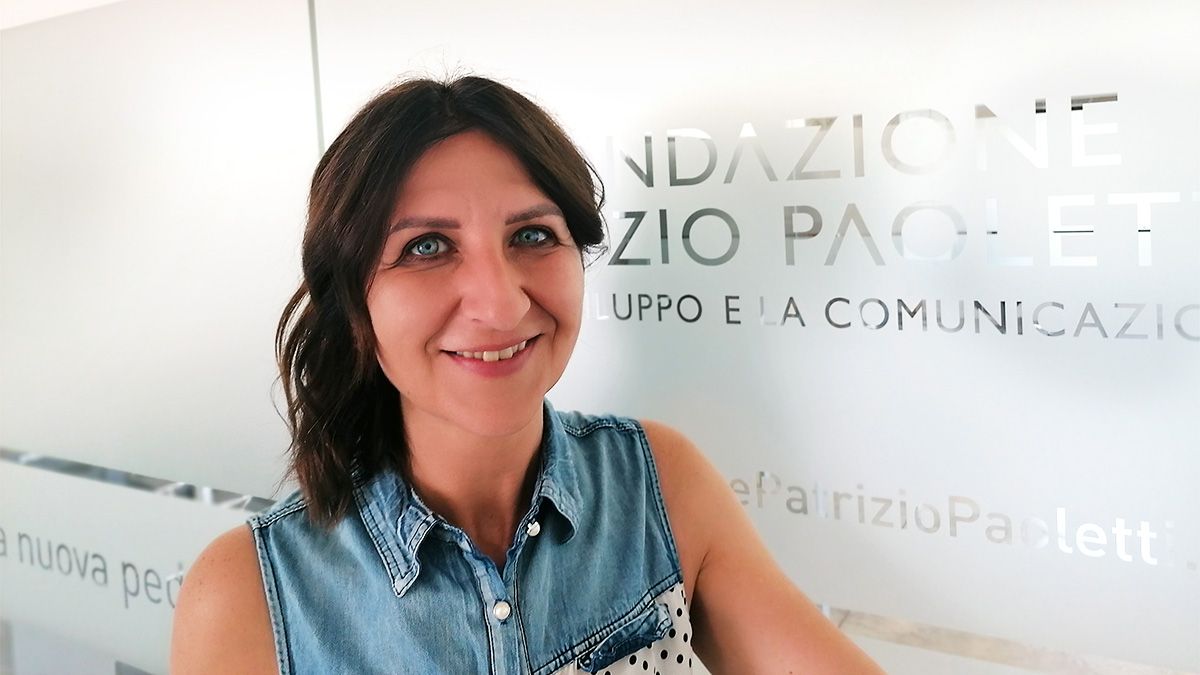
Education based on neuroscience to realize our potential: interview with Elena Perolfi, head of training projects
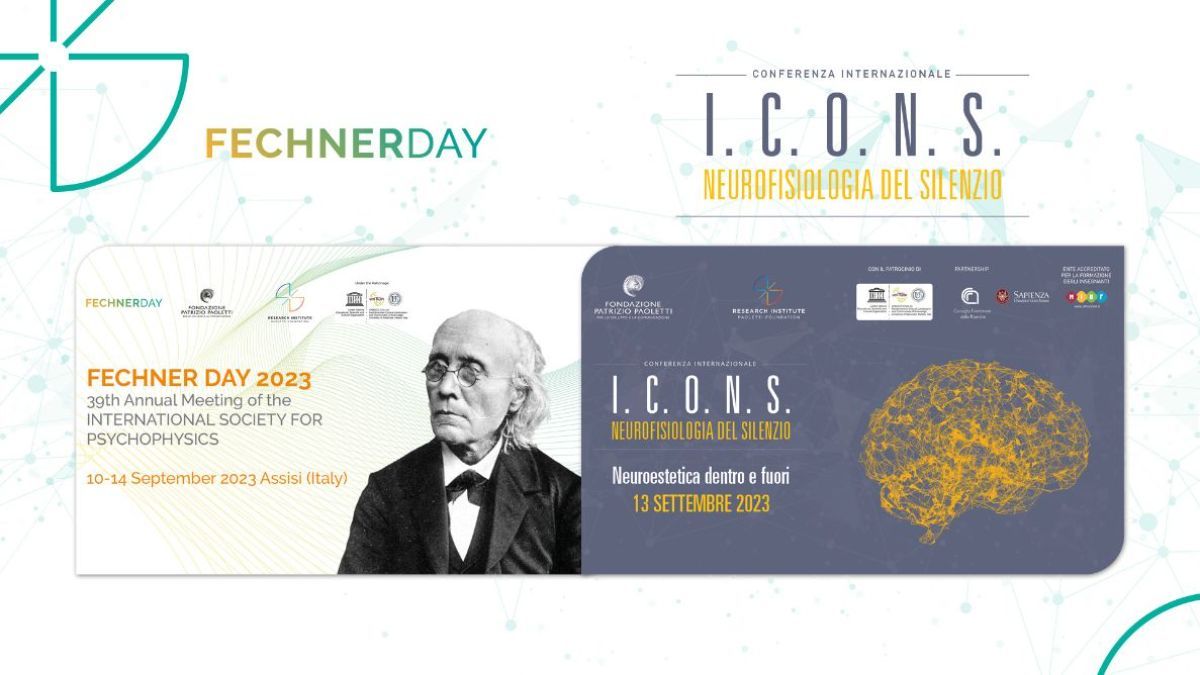
Paoletti Foundation organizes a two-fold event on the brain mechanisms that regulate our lives: silence and psychophysics, ICONS and the Fechner Day
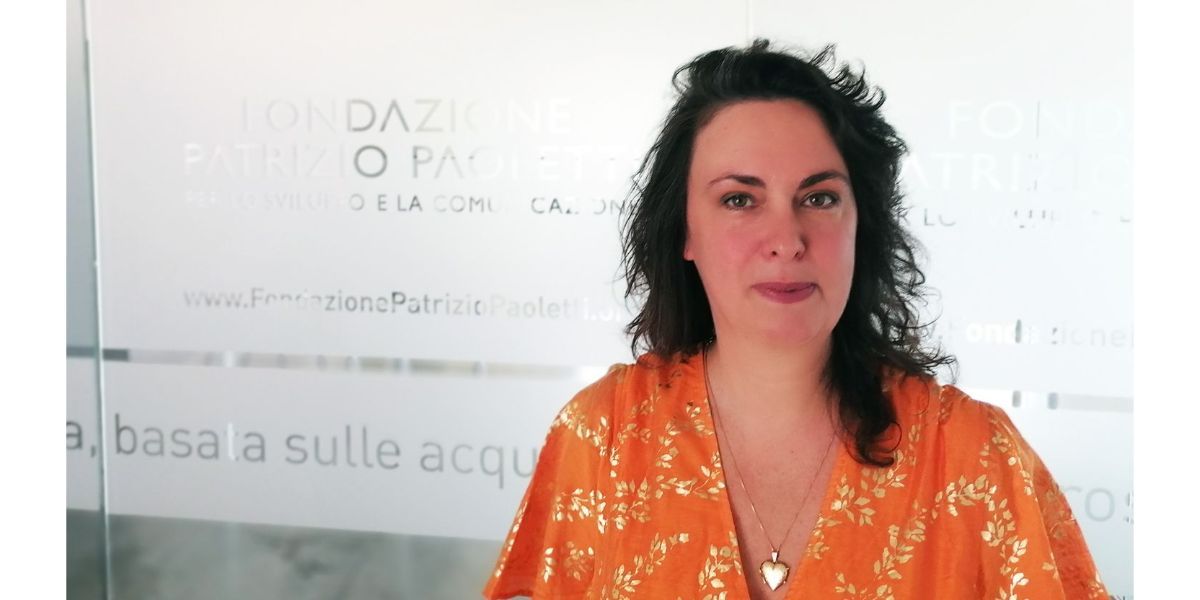
Interview with Tal D. Ben-Soussan, director of RINED: neuroscientific research as a guide to psychophysical well-being
